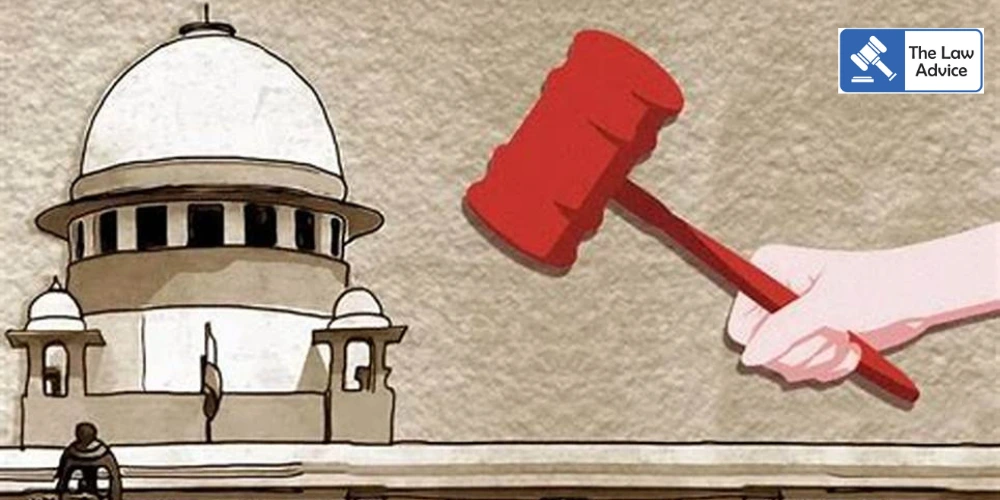New Delhi, September 1, 2025 –
The Supreme Court on Monday raised serious doubts over the correctness of its 2014 judgment in Pramati Educational & Cultural Trust v. Union of India, which had held that minority schools both aided and unaided are exempt from the ambit of the Right of Children to Free and Compulsory Education Act, 2009 (RTE Act).
A bench of Justice Dipankar Datta and Justice Augustine George Masih observed that the exemption granted in Pramati may not have been correctly decided and referred the matter to Chief Justice of India BR Gavai for appropriate directions.
“In view of the foregoing discussions, we respectfully express our doubt as to whether Pramati, insofar as it exempts application of the RTE Act to minority schools, whether aided or unaided, has been correctly decided,” the bench remarked.
The Court framed the issue as a constitutional clash between Article 30 of the Constitution, which protects the rights of minorities to establish and administer educational institutions, and Section 12(1)(c) of the RTE Act, which mandates that all schools admit at least 25% students from weaker sections and disadvantaged groups.
The bench asked whether Pramati should have considered a more balanced reading:
• For minority schools, could Section 12(1)(c) be read down to mean admission of children belonging to weaker sections within that minority community itself, rather than a blanket exemption from the law?
In referring the issue to the CJI, the Court outlined four key questions:
1. Whether Pramati judgment requires reconsideration.
2. Whether Section 12(1)(c) of the RTE Act, which mandates 25% reservation, infringes minority rights under Article 30 – and if so, whether it should have been read down instead of exempting minority schools completely.
3. Effect of non-consideration of Article 29(2) in Pramati.
4. Effect of non-consideration of Section 23(2) of the RTE Act, and whether in the absence of discussion on other provisions, the entire Act could have been struck down.
The Court clarified that it refrained from directly sending the matter to a larger seven-judge bench, instead leaving it to the CJI to constitute an appropriate bench, citing precedent from Shri Bhagwan & Anr. v. Ram Chand & Anr. (1965).
Teachers’ Eligibility Test (TET) – Directions Under Article 142
Alongside the constitutional reference, the Court also addressed teacher eligibility issues in a batch of civil appeals, including Anjuman Ishaat-e-Taleem Trust v. State of Maharashtra & Ors. (C.A. No. 1385/2025).
The key question was whether teachers appointed prior to July 29, 2011—when the National Council for Teacher Education (NCTE) introduced the Teachers’ Eligibility Test (TET) as mandatory—must still clear the TET for continuation or promotion, especially in minority institutions.
Invoking its powers under Article 142, the Court issued the following directions:
1. Teachers with less than five years of service left will be allowed to continue until retirement without qualifying TET.
2. However, such teachers cannot be considered for promotion unless they pass TET.
3. Teachers with more than five years left must clear TET within two years to remain in service. Failing this, they will be compulsorily retired with terminal benefits, subject to fulfilling qualifying service rules.
4. Teachers with service deficiencies may seek consideration by the appropriate education department through representation.
